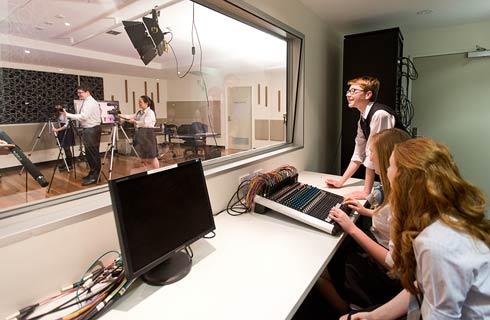人类学文学士
Bachelor of Arts in Anthropology

学历文凭
Bachelor Degree

专业院系
Department of Anthropology

开学时间

课程时长

课程学费

国际学生入学条件
Provide a letter of recommendation from a teacher or academic advisor. Letters must be sent directly from the recommender to our office.
Submit your English-proficiency test scores.
TOEFL iBT - 79
TOEFL pBT - 550
IELTS - 6.5
Duolingo English Test - 110
IDP—雅思考试联合主办方

雅思考试总分
6.5
了解更多
雅思考试指南
- 雅思总分:6.5
- 托福网考总分:79
- 托福笔试总分:550
- 其他语言考试:PTE Academic - 53
CRICOS代码:
申请截止日期: 请与IDP顾问联系以获取详细信息。
课程简介
The field of anthropology studies the human condition in its full breadth-across time and place. The field is made up of multiple subfields (applied anthropology, archaeology, biological anthropology, sociocultural anthropology) and the Department of Anthropology at the University of Delaware has world renowned scholars in each of these areas. We integrate approaches from the sciences and humanities to explore cultural, historical, environmental, and biological perspectives on human diversity. Our department supports student experiential learning opportunities through laboratory, ethnographic, and archaeological research. The department's learning objectives emphasize critical thinking, analytical, interpretative, and communication skills that prepare students to engage the complexities of the global world and pursue professional employment and graduate study. <br><br>Students who complete the B.A. in Anthropology will be able to: DISCOVER and GET EXCITED ABOUT, and USE critical thinking skills to ANALYZE, the cultural, biological, and historical diversity of humans. DESCRIBE major concepts, theories, and methods of the subfields of anthropology (applied anthropology, archaeology, biological anthropology, sociocultural anthropology). INTERPRET specific data and case studies, ASSESS and EVALUATE competing explanatory and theoretical frameworks, and GENERALIZE KNOWLEDGE to consider human commonalities and differences across time and place. COMMUNICATE core concepts of anthropology effectively in both written and oral formats. CONNECT and EVALUATE anthropological ideas and knowledge in the analysis of real-world problems. BE AWARE OF and RECOGNIZE VALUE OF the ethical, professional, and social principles of anthropological research.
相关申请
 预科
预科 奖学金
奖学金 实习机会
实习机会 在校学习
在校学习 跨境学习
跨境学习 校园授课-线上开始
校园授课-线上开始 在线/远程学习
在线/远程学习
学校排名

世界排名251
数据源:泰晤士高等教育世界大学排名
关于特拉华大学

特拉华大学(UD)的历史可以追溯到1743年,它是美国最古老的高等教育机构之一。这一悠久的杰出学术传统至今反映在大学的研究和创新活动中。由于致力于增加和传播科学、人文、艺术和社会知识以造福更大的社会,UD一直被认为是美国前50名的公立大学之一。特拉华大学位于纽约市和华盛顿特区的中间,距离费城仅45分钟车程,可以在全国范围内建立有意义的联系和机会。该大学是一个以研究为重点的机构,致力于提供本科、研究生和专业水平的优秀教育。其教师是经验丰富的学者,他们优先考虑学生和学者的智力和文化发展。因此,特拉华大学的毕业生带着他们所需的工具和技能,在一个联系日益紧密的全球社会中作出贡献并发挥领导作用。诚信、创造力和奉献精神是特拉华大学毕业生的关键属性。在特拉华大学的150多个本科专业和许多研究生项目中,教师们促成了一个激励所有人学习的环境,他们鼓励对知识的好奇、批判性思维、自由探索和尊重来自全球各地的观点和价值观。UD的校友已经成为法官、参议员、大公司的首席执行官、许多领域的知名学者和美利坚合众国的现任总统。
本校相关课程

环境研究文学士
学历文凭
Bachelor Degree
开学日期
课程费用总额


野生动物生态与保护理学学士
学历文凭
Bachelor Degree
开学日期
课程费用总额


统计学理学学士
学历文凭
Bachelor Degree
开学日期
课程费用总额


环境与资源经济学理学学士
学历文凭
Bachelor Degree
开学日期
课程费用总额


兽医学理学学士
学历文凭
Bachelor Degree
开学日期
课程费用总额


植物科学理学学士
学历文凭
Bachelor Degree
开学日期
课程费用总额





















 美国
美国




